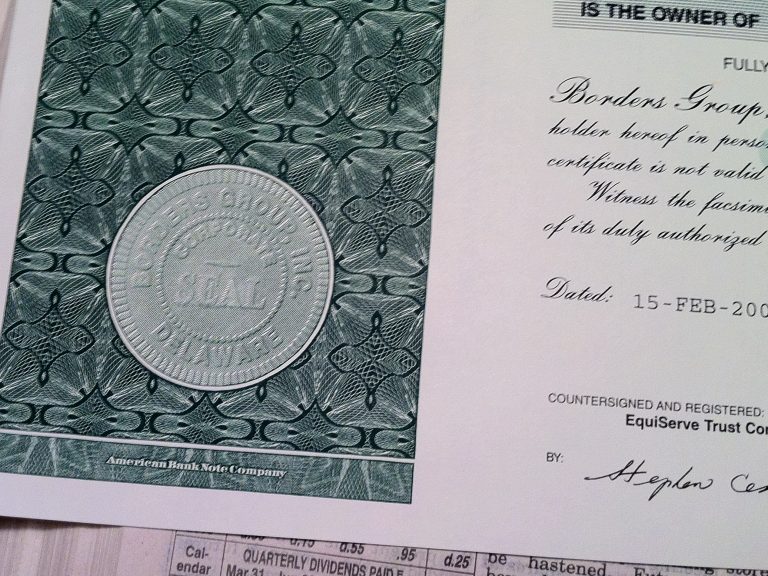Investing is the process of putting aside money today in exchange for more money in the future. This process involves risk but, when well managed, can help grow your wealth over time due to the power of compounding. This is the investing archive that includes articles published on JoshuaKennon.com. If you are looking for more great content, visit Joshua’s Investing for Beginners site at About.com, a division of The New York Times.
[vc_row][vc_column][vc_column_text css_animation=”none”] [/vc_column_text]
[/vc_column_text]
If you wanted to be as rich as Mr. Monopoly, how much would it take? How high would your annual income be? Your net worth? Those are the question that I pondered sitting at my desk this morning. Out of pure curiosity, I began to adjust the values of the Monopoly property rents for inflation, using the last full-year CPI figures (2009), knowing that the game was originally released in 1935.
Bond duration is one of the biggest and most important things to understand when managing a portfolio that includes bonds or other fixed income assets. Managed well, bond duration can give the chance for huge capital gains profits. Managed poorly, bond duration can wipe out a supposedly conservative bond portfolio in no time, leaving nothing…
Due to our disciplined value investing philosophy, coupled with our insistence upon diversification of income and assets, we haven’t experienced a lot of big losses. When we do, we try and study what went wrong so we can understand if there was a structural problem or a blind spot in our mental cognition that should be avoided in the future. We never want to have to “return to Go” in Monopoly terms. That is just intelligent portfolio management.
Today, I was sitting at the dining room table, drinking a cup of coffee wearing the Brooks Brothers pajamas I picked up on my birthday a few days ago, and watching the stock market skyrocket when it occurred to me that, given the secret project and some other things going on at the business, I want to build some cash and bond reserves at one of the individual operating companies; maybe put aside money a little at a time, let it build and do something fun with it three or four years from now, like design and build a row of townhouses or whatever.
When it comes to diversification, you have to look at your entire life and not just your portfolio. Several years ago there was a book I really enjoyed that dealt with this topic called Are You a Stock or a Bond?: Create Your Own Pension Plan for a Secure Financial Future. It provided a valuable framework for understanding how the stability of income in your life should inform your approach to asset allocation.
When I was a senior in high school, I bought my youngest sister a single share of Coca-Cola common stock for her 6th birthday. It’s been a teaching mechanism throughout her life; one that is far more important and beneficial from an academic and educational standpoint than any investment return it could generate.
Voltaire led a life that is extraordinarily useful for those who want an example of how to contribute to the improvement of civilization, live extremely well, and follow your passion.
There is a traditional Chinese proverb that goes something along the lines of, “Do not take the seeds and throw away the melon”. Though there are many ways you can approach this, and multiple lessons that can be extracted from reflecting on it, it can be particularly sage when it comes to running a business and allocating the cash flow from that business. One of my favorite examples comes from The Coca-Cola Company.
The sugar industry is fascinating. For a variety of reasons, including protectionist policies put in place by Congress, prices recently hit a thirty-year high, threatening chaos for sugar refiners.
During college, one of Aaron and my closest friends made a comment that still haunts me to this day. I was explaining that if you own a share of The Coca-Cola Company, you actually receive a proportionate cut of the company’s profits on every single can of Coke sold. This makes sense, after all … if a business is divided into 100 shares outstanding, and you own 1 share, you own 1% of the company. If you own all 100 shares, you would own the entire business and get all of the profit, right? For me, this falls into the, “We hold these truths to be self-evident” category.
[vc_empty_space][vc_column_text css_animation=”none”]

[/vc_column_text][/vc_column][/vc_row]












